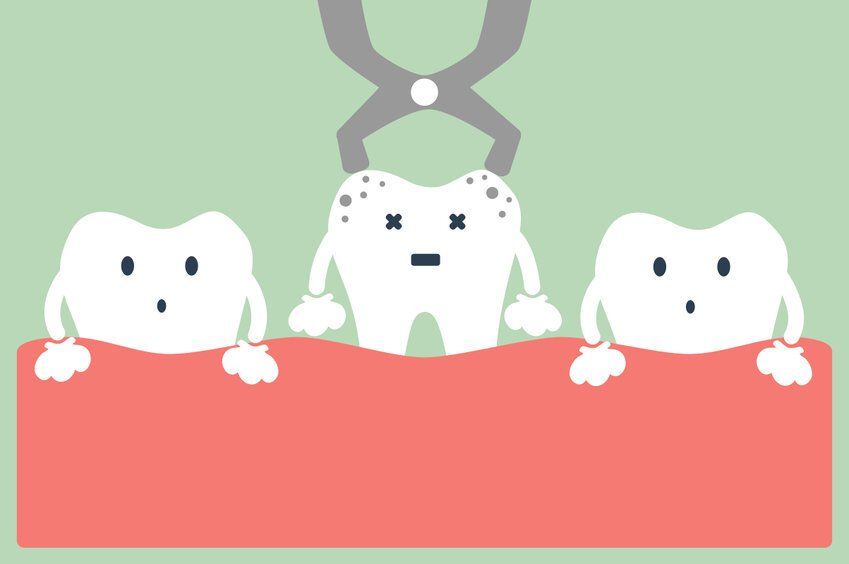Pain during an Extraction: Can You Still Feel It When You’re Sedated?
- By Mary Marks
- •
- 01 Oct, 2021
- •

Extracting teeth can hurt, but dentists usually give local anesthesia during the whole procedure, to make sure they eliminate pain. Moreover, after the procedure, doctors recommend OTC or over-the-counter medication to help patients better manage pain.
Depending on your exact level of comfort and on how complex the procedure is, your dentist may recommend several different types of sedation. For instance, for local anesthesia, they usually administer injections in the area close to the extraction’s site. This type of anesthesia does not remove all sensations, so you still experience pressure, but without pain and sharpness.
After the procedure, the Colorado sedation dentistry professionals may recommend things like putting an ice pack on your cheek or taking pain-killers such as Tylenol. At the same time, it may also be recommended to use a pillow to prop your head up when you lie down, or avoid hot drinks and foods. The day after the surgery you may want to use saltwater to rinse your mouth, as this can facilitate the healing process.
The healing time after a tooth extraction depends on the patient. Some people may heal quicker, while others may feel a certain sensation of tenderness in the extraction area for a few days.





Although oral sedation dentistry Highlands Ranch is one of the optionsavailable for managing anxiety and discomfort during oral surgery, you certainly do not need to use it all the time. As a matter of fact, the exact type of sedation or anesthesia that you receive during oral procedures may depend on various factors, such as the complexity of the procedure, your medical problems, as well as your doctor’s preferences.
There can be several different levels of sedation that can be used in oral surgery. Local anesthesia is one of them. This involves injecting anesthetic medication into the specific area where the surgery will take place. It numbs the area and is often used for less invasive procedures.
Oral sedation involves taking medication in the form of a pill to induce a state of relaxation and drowsiness. The patient is still conscious, but he/she may not be fully aware of the procedure. At any rate, sedation helps him/her get rid of anxiety.
In the case of intravenous sedation, medication is administered through a vein, which induces a deeper state of sedation than oral sedation. Patients may still be conscious, but they are less aware of their surroundings and may not remember the procedure.





